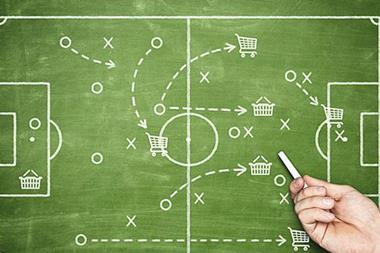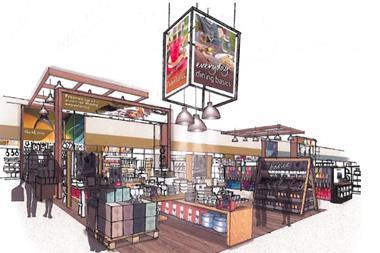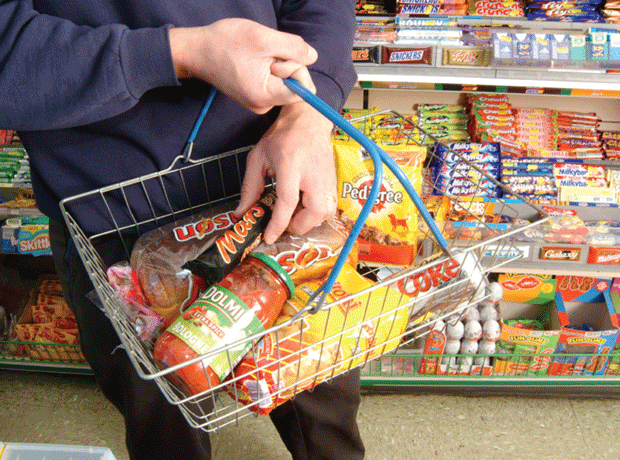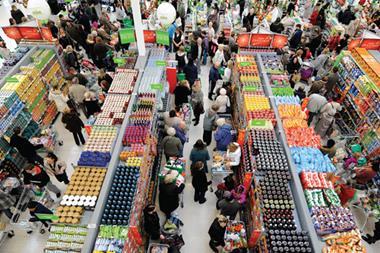
Food sales in August missed out on a certain Olympic bounce this year – but still managed to climb 1.4% on a like-for-like basis, new figures have suggested.
Food was the slowest growing retail category in August, as it suffered from tough comparatives with last year’s Olympic Games, but non-food sales rose by 2.1%, the British Retail Consortium and KPMG’s monthly report revealed today.
Overall UK retail sales rose 1.8% on a like-for-like basis, matching their performance in July.
“Taken hand in hand with a recent uptick in consumer confidence, the signs are that many of us are feeling a little more positive about the economic outlook and responding well to good deals and new autumn collections alike,” said BRC director general Helen Dickinson.

Read this
Eye-tracking and football technology help retailers score
First there was eye-tracking. Now grocery is turning to technology used by football clubs to work out how people shop…
Food sales growth was the slowest on record, except for Easter distortions, said the BRC, although there was a noticeable rise in demand for baking ingredients thanks to programmes such as The Great British Bake Off.
“August’s food and drink sales were always going to have challenging comparatives because of July’s unusually hot weather and last year’s Olympics. Despite this, the beginning and end of the month had relatively strong total sales,” said IGD CEO Joanne Denney-Finch.
“There’s a noticeable fall in the number of shoppers expecting food prices to become much more expensive: 17% now, compared to 27% at the start of the year. Coupled with this, we’re also seeing much more appetite from shoppers for new products and innovation.”
The BRC suggested that non-food benefitted from the absence of a major sporting tournament, as shoppers in 2012 were distracted by the Olympics.
“It’s a positive sign that consumers feel confident enough about the future to make large scale, non-essential investments in their homes,” said KPMG’s head of retail David McCorquodale.
“Back to school spending also boosted sales in August as shoppers stocked up on children’s clothes and shoes in preparation for the beginning of a new term.”
The proportion of consumers willing to agree that the country’s economic situation had improved in the last few months rose from 10% in April to 21% in July, a recent study by Tesco and Dunnhumby found.



















No comments yet